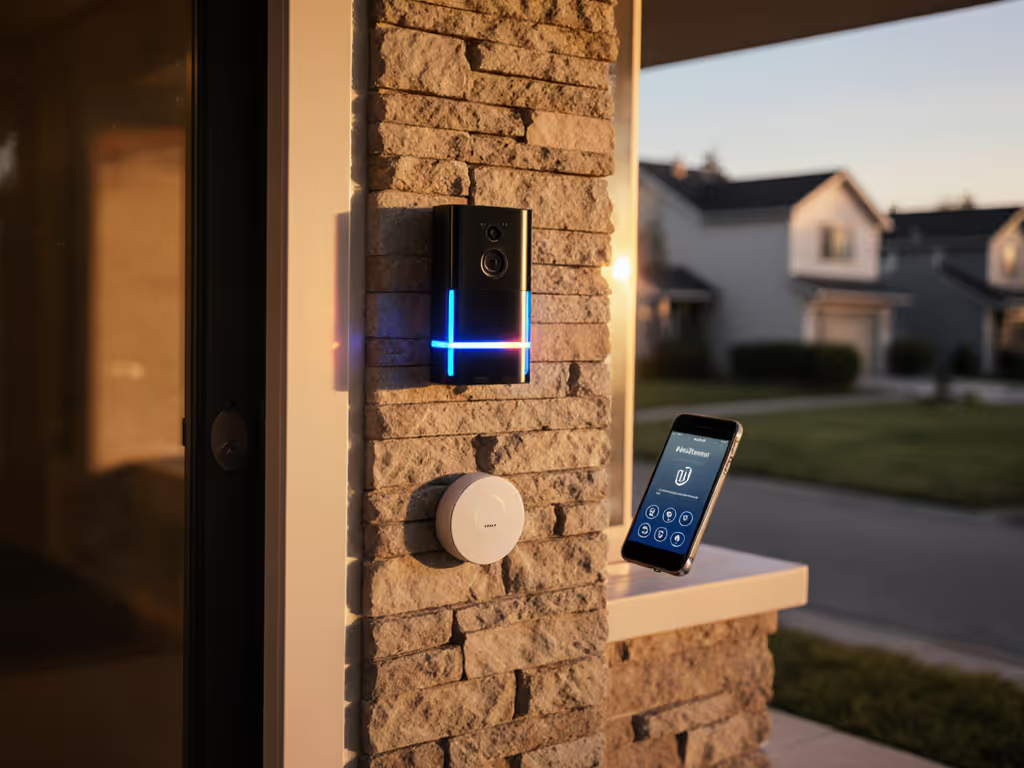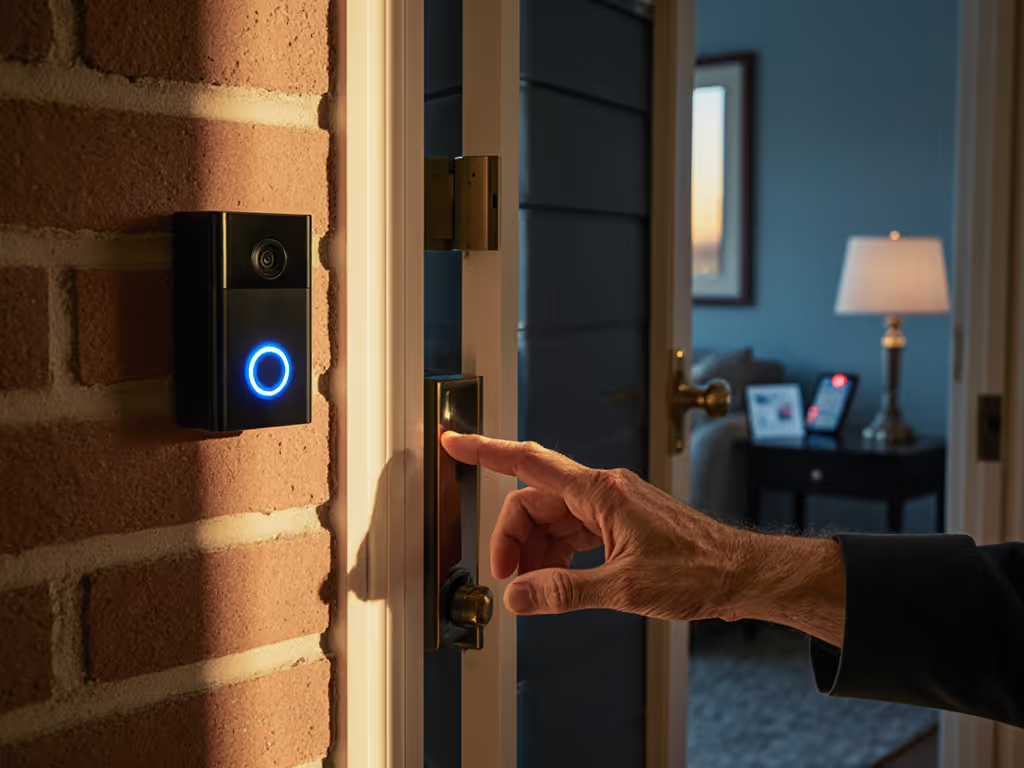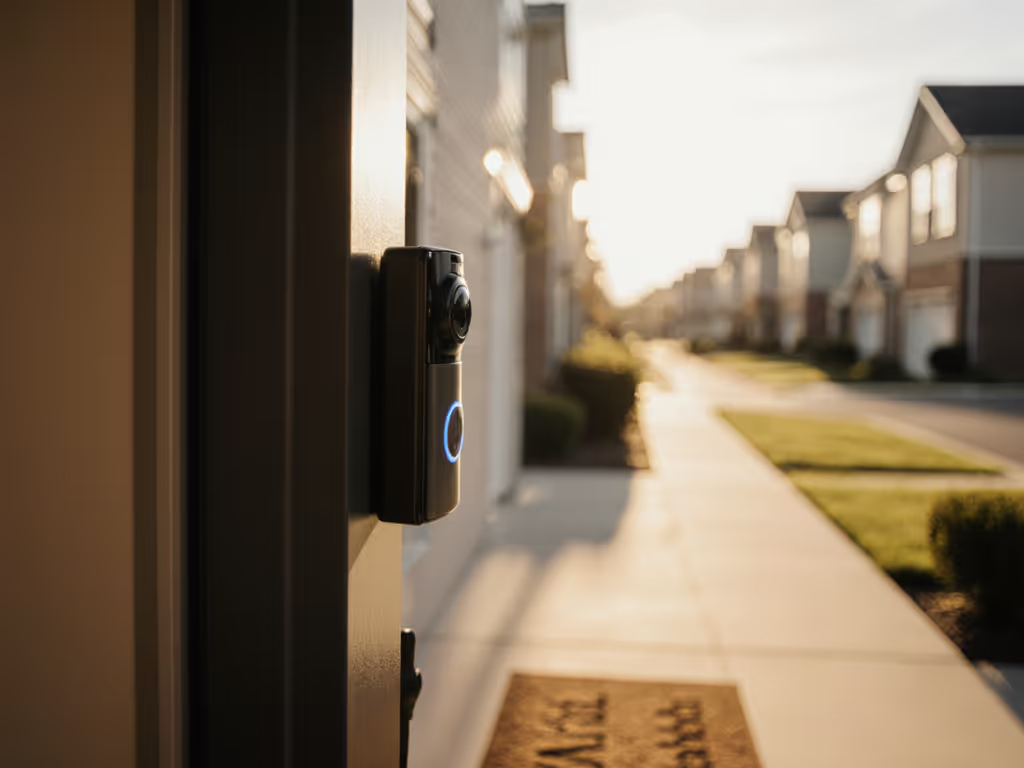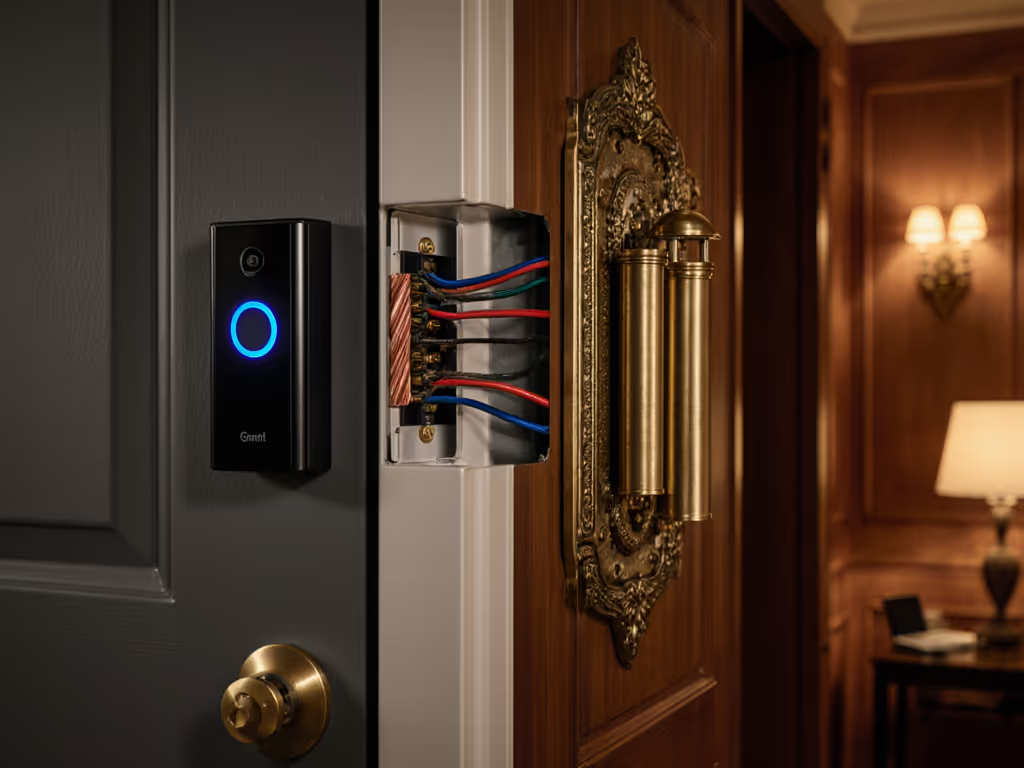
Matter Doorbell Fix: End Ecosystem Lock-In Now
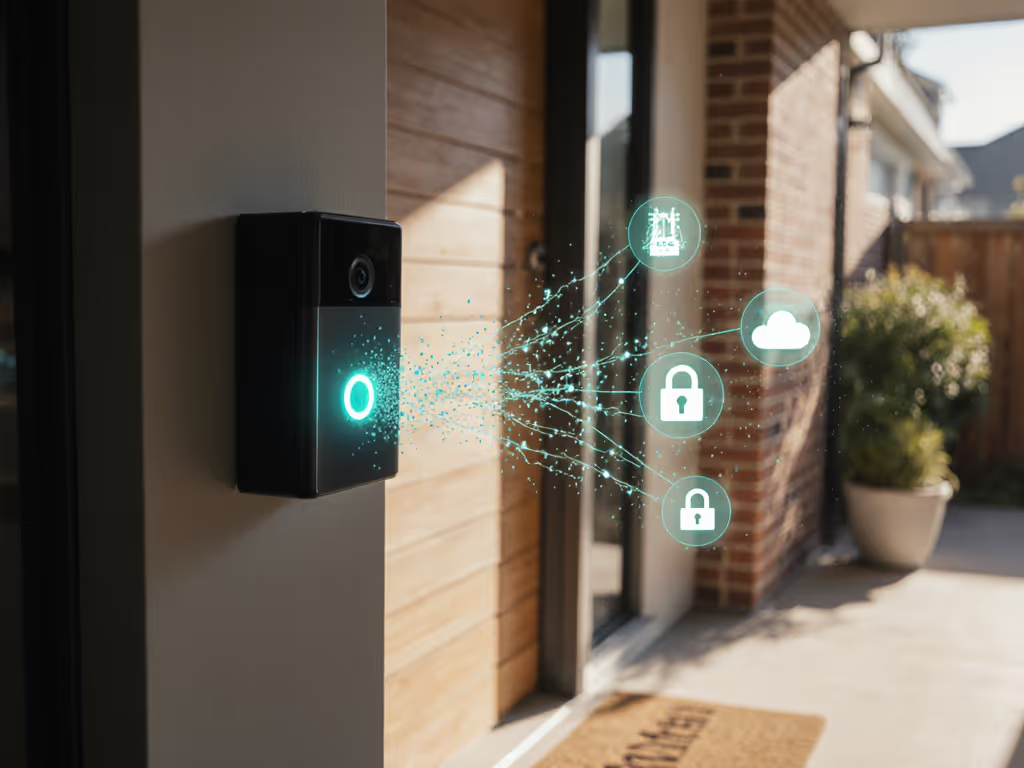
The promise of a true Matter protocol doorbell that works seamlessly across ecosystems remains frustratingly out of reach for most homeowners. Despite Matter being marketed as the universal smart home standard that would finally end vendor lock-in, the reality for doorbell adopters is far from rosy. As a privacy auditor who analyzes how doorbells handle identity, footage, and sharing, I've watched vendors overpromise while consumers pay the price in both money and autonomy. When my neighbor once needed help with package theft, I could share only the relevant minute without compromising my entire system (because my setup prioritizes local storage and controlled sharing). That's why "Privacy is a feature, not a line in marketing."
Let's cut through the hype with a critical, evidence-based FAQ that addresses what really matters for your front porch security.
Why don't "Matter-compatible" doorbells actually work across ecosystems yet?
The Connectivity Standards Alliance (CSA), which oversees Matter, has deliberately excluded doorbells and cameras from the current 1.4 specification. This isn't technical difficulty, it's a strategic decision that leaves consumers in the lurch. While vendors advertise "Matter compatibility" for certain doorbells like the recently announced Aqara G400, the reality is these devices piggyback on Matter's presence in companion hubs rather than offering true cross-platform compatibility.
Consider Aqara's marketing: they claim their Doorbell Camera G400 works with HomeKit Secure Video through Matter. But dig deeper, and you'll find it relies on the Hub M200 as a translator, not direct Matter integration. The camera itself doesn't speak Matter; it's tunneling through Aqara's proprietary system. This creates a false sense of interoperability while maintaining subtle ecosystem lock-in. For a practical look at real-world compatibility, see our smart doorbell ecosystem comparison.
Real cross-platform compatibility requires the doorbell itself to implement Matter's specifications, not just the hub it connects to.
What's the CASTing bottleneck with Matter doorbells?
Matter Casting is the supposed solution for video streaming across ecosystems, but it's more bottleneck than breakthrough. The technology, outlined in Matter 1.2 Core Specification, aims to replace AirPlay and Chromecast with a standardized video relay system. Yet as of late 2025, only Amazon's Echo Show 15 properly supports Matter Casting for doorbells (with significant limitations).
Here's the uncomfortable truth: video doorbells require near-instantaneous response times. Local processing on edge computing doorbells reduces cloud delays and speeds up alerts. If your doorbell notification takes 5 seconds to appear on your HomePod instead of 2 seconds, you'll miss visitors. Matter Casting currently can't guarantee that reliability, which explains why Ring (Amazon's subsidiary) hasn't embraced it despite being part of the CSA. The "universal smart home standard" simply isn't universal for video applications yet.
Does the Aqara G400 actually deliver what Matter promises?
Aqara's Doorbell Camera G400 announcement at IFA 2025 generated buzz as a "Matter-compatible" option, but scrutinize the details:
- The doorbell itself doesn't implement Matter, it requires the Hub M200 as a bridge
- HomeKit integration depends on HomeKit Secure Video, not direct Matter video streaming
- "Matter support" primarily enables device discovery and basic controls, not the full video experience
This isn't true Matter doorbell functionality, it's marketing spin around partial compatibility. While the G400 offers solid specs (2K sensor, head-to-toe coverage), its Matter integration is more about checking a box than delivering the seamless cross-platform compatibility consumers were promised.
What's the real privacy risk of waiting for "Matter-ready" doorbells?
Most consumers don't realize that delaying purchase until "true Matter support" arrives means continuing to accept current privacy trade-offs:
- Cloud dependency: Current doorbells force footage into vendor clouds with opaque retention policies
- Default sharing: Many systems automatically share data with law enforcement partners
- Subscription pressure: Basic functionality often requires monthly fees for cloud processing
- Limited control: You can't audit what data leaves your network or when
The threat model is clear: when your doorbell doesn't store locally, you lose control of your porch's digital footprint. I've reviewed audit logs from multiple systems showing footage routinely transmitted to third parties, even when users believed they'd disabled cloud features.
How can I avoid vendor lock-in TODAY while waiting for true Matter doorbells?
Forget waiting for Matter 1.5 to magically solve everything. Here's what actually works now:
Prioritize local-first architecture
Choose devices that store footage on local SD cards or NAS systems first, with cloud as optional. This gives you control over your data and avoids subscription creep. When researching a weatherproof wireless doorbell, explicitly ask:
- "Does video processing happen on-device or in the cloud?"
- "Can I disable all cloud features while retaining core functionality?"
- "What specific data leaves my network, and when?"
Demand protocol transparency
Look for doorbells supporting open standards like RTSP or ONVIF that work with Home Assistant or other local controllers. This creates immediate smart home automation flexibility without waiting for Matter.
Implement layered access controls
For shared households or businesses, use role-based permissions that audit who accessed what footage and when. Avoid systems where "admin" access is the only option.
Verify law enforcement policies
Check if the vendor publishes transparency reports about data requests. Opt for companies that require warrants for footage access rather than having "easy button" police portals. Then lock down your doorbell privacy settings to control data sharing and remote access.
What should I watch for in upcoming Matter updates?
While Matter 1.5 won't include doorbell specifications (per CSA insiders), keep these markers in mind:
- True video streaming specification: Not just device discovery, but standardized video transport
- Local-first certification: Matter should certify devices that keep video processing local
- No forced cloud dependency: Certification that doesn't require cloud services for core features
- Transparent data flows: Required documentation of exactly what data leaves the local network
Until these exist, "Matter-compatible" doorbells will continue delivering partial solutions that maintain vendor control over your front porch.
The Bottom Line: Don't Trade Privacy for Hype
The smart home industry keeps selling interoperability as a future feature while locking you into today's privacy-compromised systems. Remember: true security means controlling your data from capture to storage to sharing, not outsourcing it to vendors who profit from your footage.
As you evaluate your next weatherproof wireless doorbell, reject the false choice between functionality and privacy. Demand systems where local storage is the default, not the premium add-on. Verify that any cloud features are optional rather than required for basic operation. And always, always check where your porch video actually goes.
Local-first when feasible isn't just my recommendation, it's the only approach that gives you real control over who sees your front door. Don't wait for Matter to catch up; build your smart home automation system on privacy-preserving principles today.
For deeper technical analysis of Matter's roadmap and independent testing of current "Matter-compatible" doorbells, subscribe to my newsletter where I publish real-world performance data from my test porch in Chicago's unpredictable climate.

